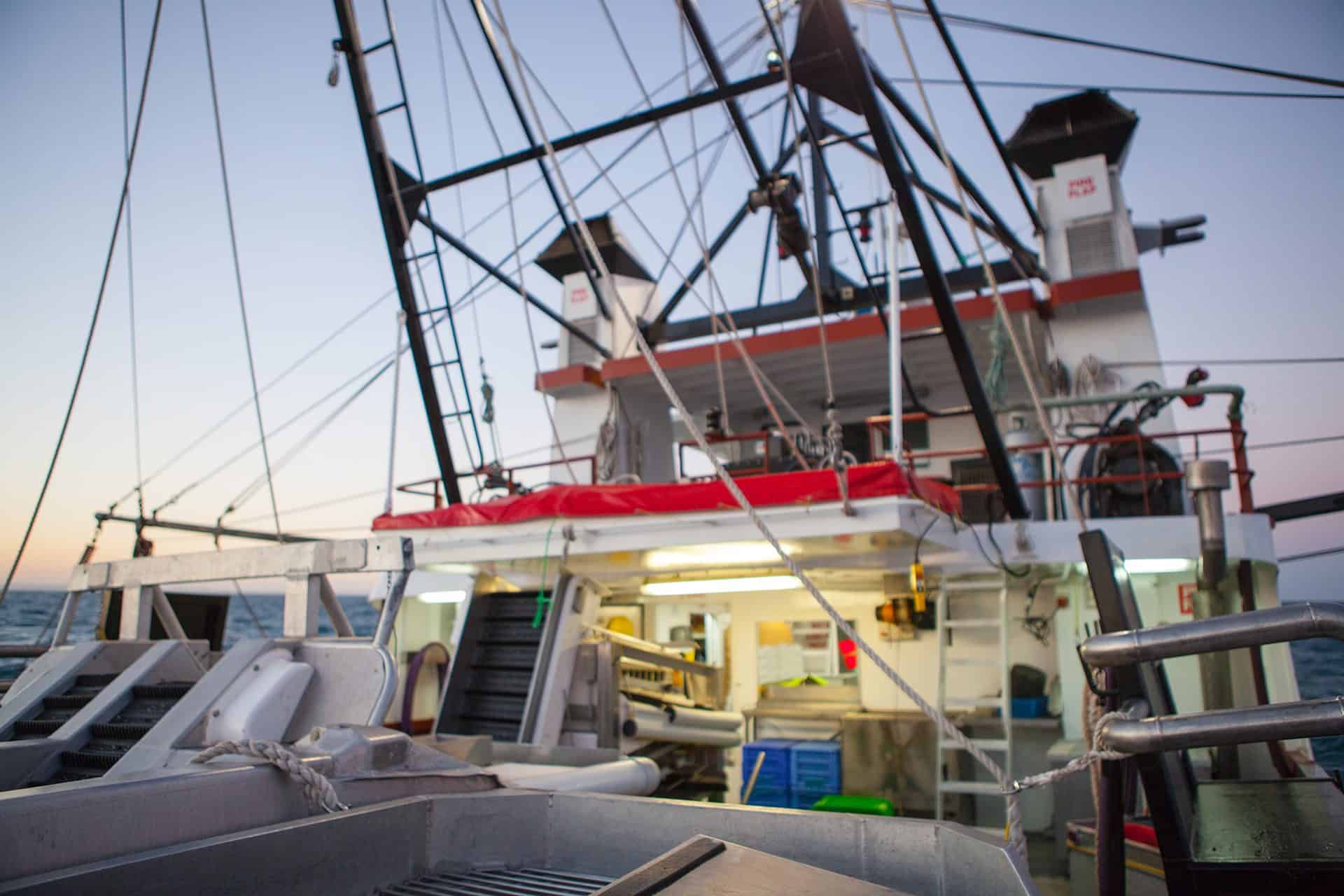The Tasmanian State Government has this week announced that it is making a move to legislate that trawlers will be banned from fishing in state waters. Regulations in place since 2001 have prevented trawlers fishing in state waters but the government is looking to further strengthen the ban by legislation. The ban stems from a 2014 election commitment to support the Tasmanian recreational fishing industry.
Driving this new legislation, similar to many other states in Australia, is the Tasmanian Government’s attempt to pander to the recreational fishing vote at the expense of sustainable fishing businesses and access to Australian produced wild caught seafood.
While a ban on trawling in Tasmanian state waters is no immediate cause for alarm (as regulations have been in place since 2001), the recreational lobby’s request for a total ban on trawling in Commonwealth waters is alarming. The productive shelf and deepwater resources of Tasmania are highly productive and access to Commonwealth species is heavily regulated and well managed by the Australian Fisheries Management Authority (AFMA).
Commonwealth waters surrounding Tasmania provide an important source of market fish that supply key markets in Australia. Species such as Ling, Blue Grenadier, Blue Eye Trevalla and Silver Warehou are signature Tasmanian fish caught in these waters. It is confusing why recreational fishers want to ban access by commercial operators when many of the key commercial species are not caught by the significant majority of recreational anglers.
The recreational fishing lobby is irresponsible in calling for a ban on all trawling and blurring the line between trawling and super trawling. http://www.abc.net.au/news/2017-02-19/tasmania-urges-commonwealth-to-follow-ban-on-super-trawlers/8283846 Fish trawling has occurred for a long period of time in Commonwealth waters and has an important place in the Tasmanian economy.
There are approximately 45 trawl vessels operating in southern Australian waters. All vessels are managed by AFMA under a quota system with catch levels set at sustainable levels by leading scientific agencies. The recreational lobbyists fail to recognise the important contribution fish trawling operations make to the economy and their role in providing healthy sustainable seafood for the Australian public.
AFMA and the Australian seafood industry need to get better at informing the public about the sustainable way commercial fisheries are managed in our modern day. Trawling is an important component of the industry and we need a better informed public that values the contribution this sector makes to the Australian seafood industry.

